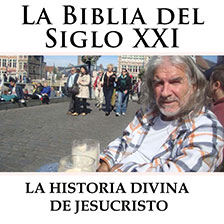

 |
 |
HISTORY OF THE CHRISTIAN CHURCH FROM THE APOSTOLIC AGE TO THE REFORMATION A.D. 64-1517 |
|---|
 |
READING HALLTHE DOORS OF WISDOM |
 |
 |
 |
BOOK IFROM THE PERSECUTION OF THE CHURCH BY NERO TO CONSTANTINE’S EDICT OF TOLERATION, A.D. 64-313
II. THE REIGNS OF TRAJAN AND
ADRIAN, A.D. 98-138
III. THE REIGNS OF
THE ANTONINES, A.D. 138-180
V. FROM THE
ACCESSION OF COMMODUS TO THE DEATH OF ELAGABALUS, A.D. 180-222
VI. FROM ALEXANDER
SEVERUS TO VALERIAN, A.D. 222-260
VII. FROM THE
ACCESSION OF GALLIENUS TO THE EDICT OF TOLERATION BY CONSTANTINE, A.D.
261-313
--------------------------------------------------------------------- THE FOUNDATION OF THE CHURCH IN ROMETHE STORY OF SAINT CLEMENT, THE DOCTOR
MONTANISM AND THE PRIMITIVE CHURCH. A STUDY IN THE ECCLESIASTICAL HISTORY OF THE SECOND CENTURY.
NICE READING
|
||